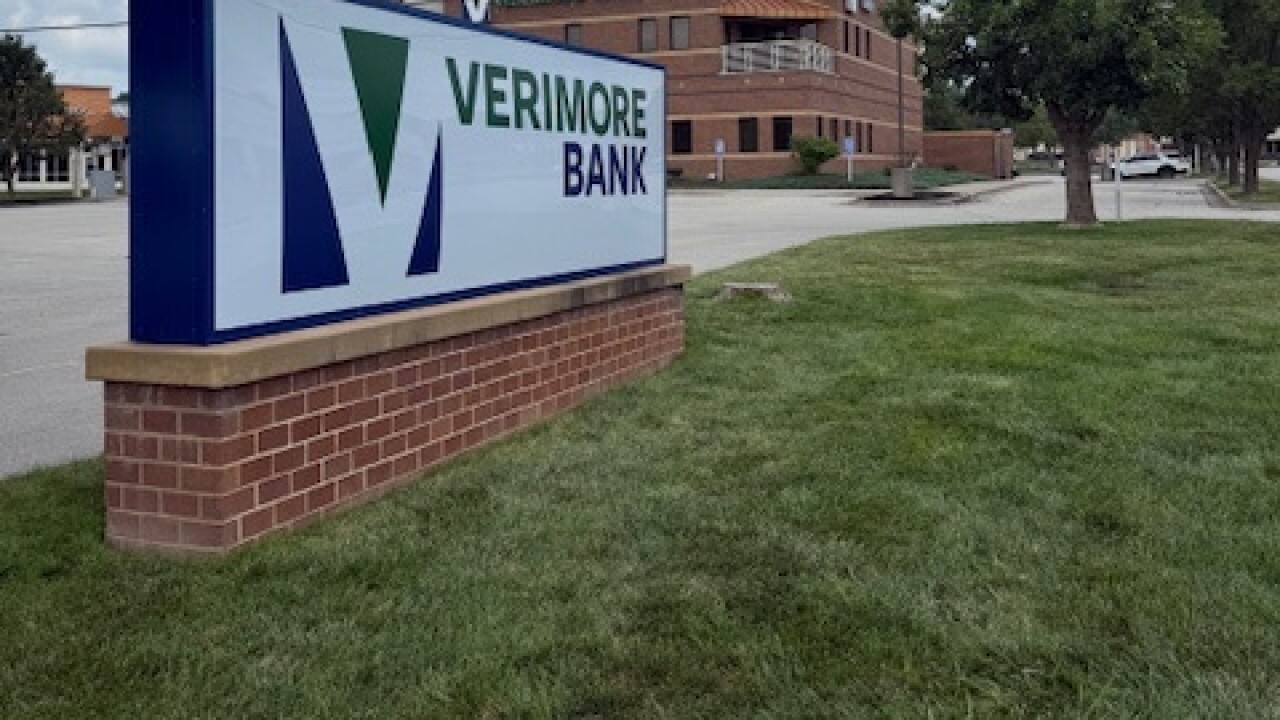JPMorgan Chase & Co.'s planned divestiture of its insurance business looks like the postscript to a trend that never really took off in banking: convergence with insurance underwriting.
The $1.2 trillion-asset New York company said late Tuesday that it would sell its insurance business to Protective Life Corp. of Birmingham, Ala., for $1.2 billion. The divestiture of the business, part of which it inherited from Bank One Corp., had been widely rumored, because of JPMorgan Chase's willingness to shed noncore business lines in the past.
In an interview last month, chief financial officer Michael J. Cavanagh had identified insurance underwriting as one business that was not a core one for JPMorgan Chase. "It's not worth it, given the opportunity we have in six businesses, to be investing management energy in things" that are neither core or very large.
Mr. Cavanagh described Bank One's acquisition of Zurich Life Insurance Co. of America in 2003 as a good financial investment, but he also said that underwriting life insurance policies is not something a financial services company needs to do, unless the business is of a "substantial" size.
Last year the insurance business generated $644 million of revenue, or 1.1% of the parent company's overall total. Analysts had a hard time Wednesday thinking of any U.S. banking companies that still underwrite insurance policies.
"None of the U.S. banks underwrite insurance in a meaningful way," said Jason Goldberg, a Lehman Brothers analyst. Banking companies that broker insurance policies do not need to actually underwrite them, he said.
Other analysts had similar views. "This is a now-familiar story," Craig Weber, an insurance analyst for Celent Communications LLC, wrote in an e-mail. "Bank meets insurance, bank likes insurance, and a world of possibility ensues."
But the profitability of insurance underwriting has proven disappointing for bankers, who have realized that the money tied up in insurance can be better used elsewhere, Mr. Weber said in an interview. Selling third-party policies, meanwhile, has become a staple of many banking companies, including JPMorgan Chase.
"The power is going to be on the distribution side," said Jeffrey Harte, an analyst with Sandler O'Neill & Partners LP. "That's the secular trend."
On Wednesday, JPMorgan Chase would not say whether it would continue to offer the policies as a third-party distributor.
Bank One bought Zurich for $500 million in September 2003, only 11 months before it sold itself to JPMorgan Chase.
But even at that stage, the story of convergence - which got going in 1998 when Travelers Group bought Citicorp for $82.8 billion to create Citigroup Inc. - had already begun to fall apart.
In March 2002, Citi spun off Travelers Property Casualty Corp., which sold itself to St. Paul Cos. two years later to form St. Paul Travelers Cos. In 2004, MetLife Inc. bought Citi's Travelers Life and Annuity unit for $11.5 billion.
After the Citicorp-Travelers deal, many large banking companies "tried to amass manufacturing capacity, along with distribution capacity, but production never generated synergies with asset management," Mr. Harte said.
JPMorgan Chase chief executive James Dimon, then the chairman and CEO of Bank One, stressed those synergies when he announced the Zurich deal in June 2003. "Life insurance is like an investment product," he said in an interview at that time.
When Mr. Dimon presented the third-quarter 2004 results, the first after the Bank One acquisition, he said the insurance business "will make about $100 million a year." But last year its earnings fell 16% from the combined insurance earnings of JPMorgan Chase and Bank One a year earlier, to $79 million.
Last year JPMorgan Chase made only 0.8% of its operating income from insurance underwriting.
Charles W. Scharf, the head of the company's retail banking business, said in a press release Tuesday, "With the merger of Chase and Bank One, we reviewed all our businesses and concluded that insurance underwriting does not have the same scale as our core banking businesses."
For similar reasons, JPMorgan Chase unloaded another noncore business: the online brokerage BrownCo., which it sold E-Trade Financial Corp. for $1.6 billion in November. JPMorgan Chase expects to close the insurance deal in the third quarter.





